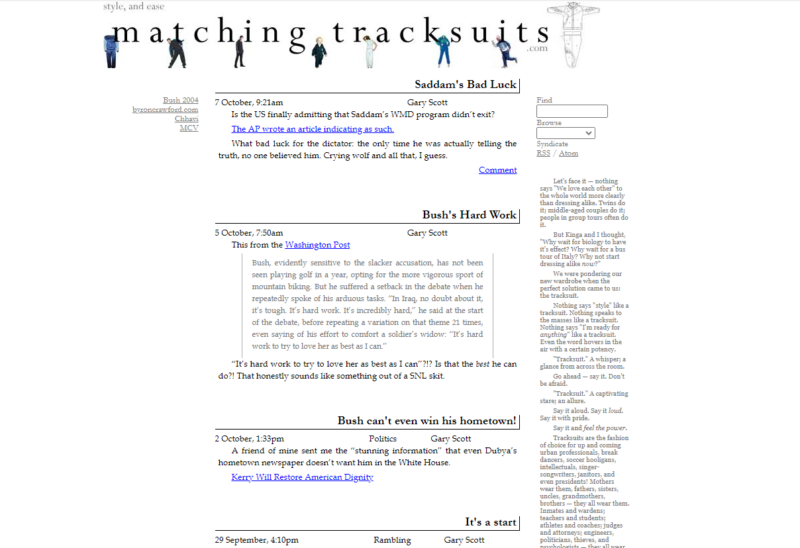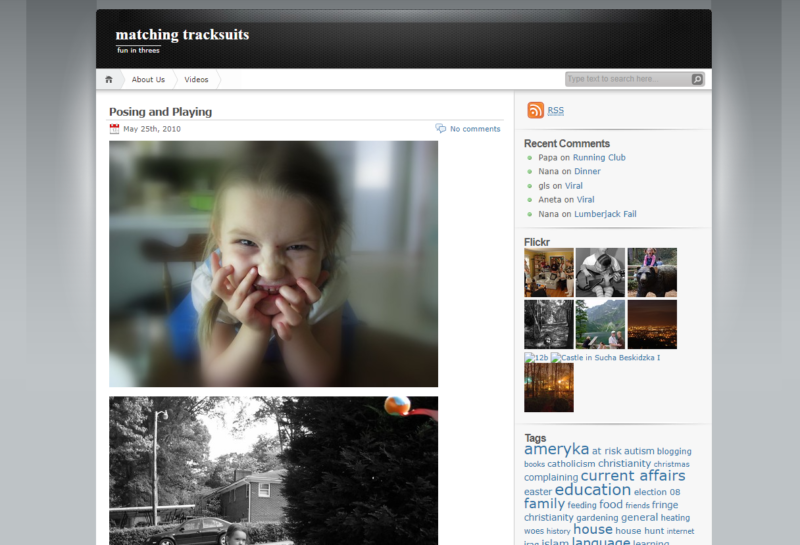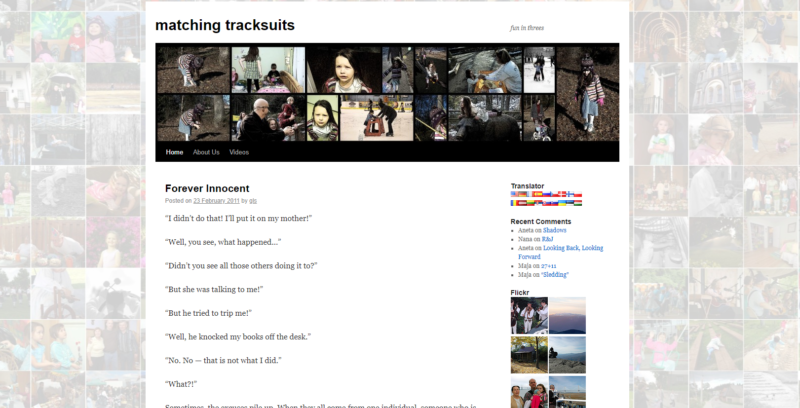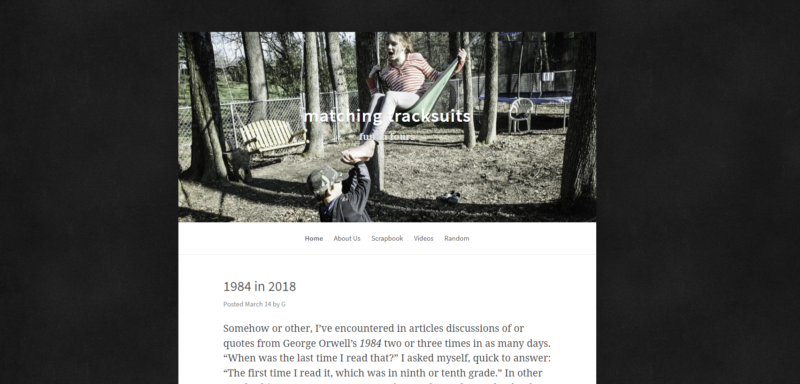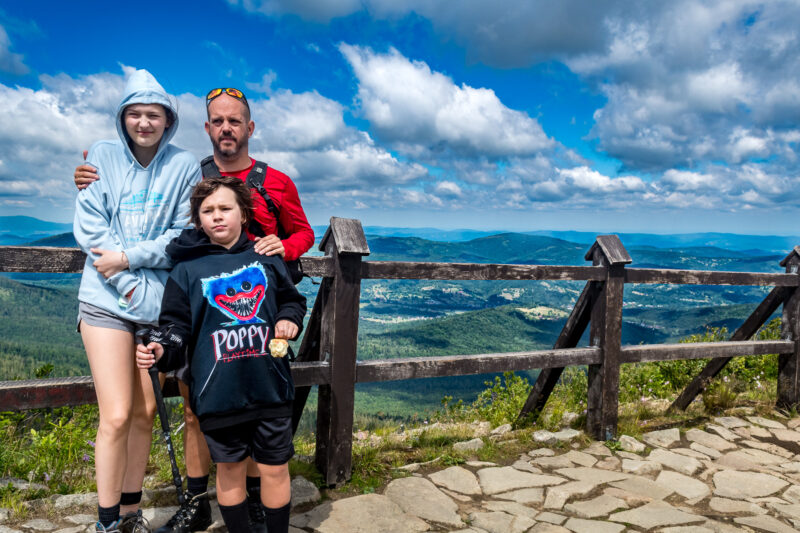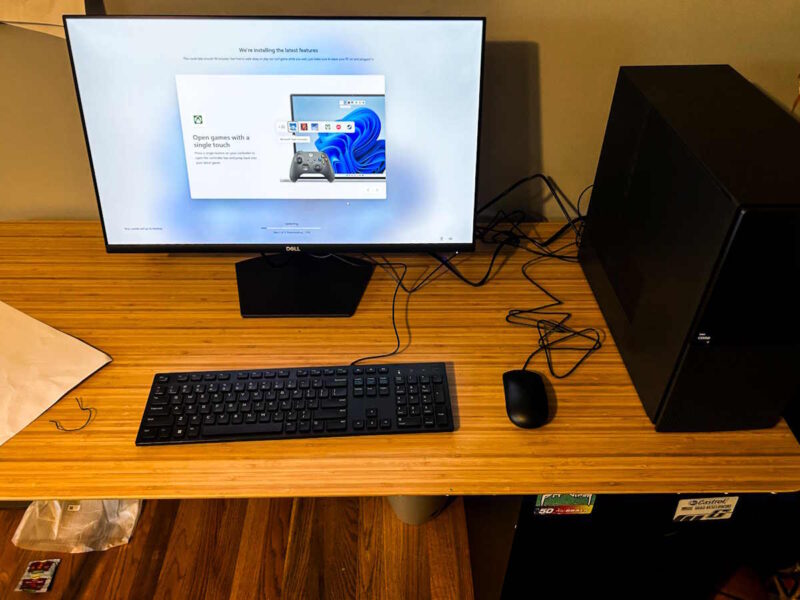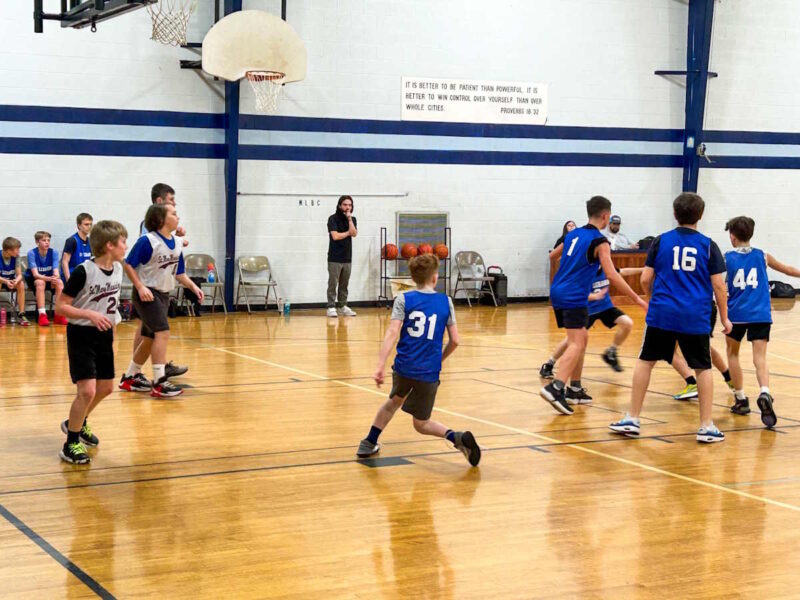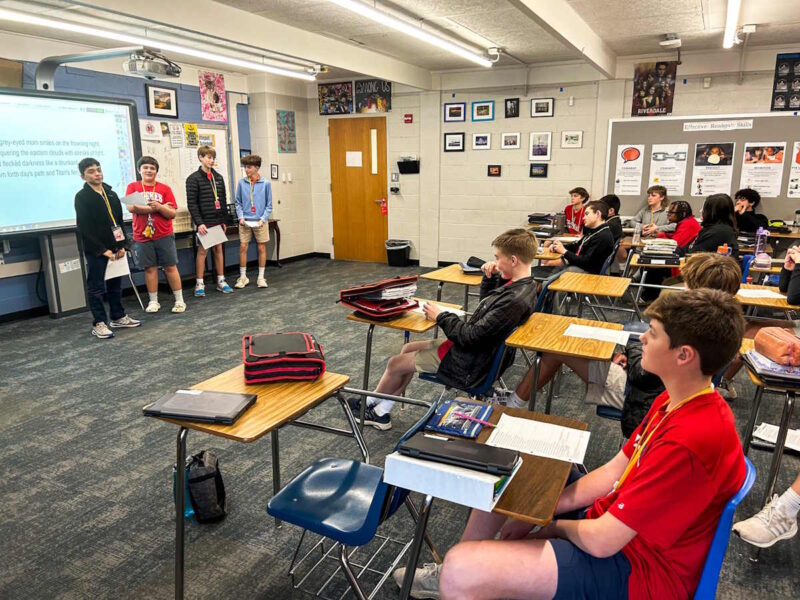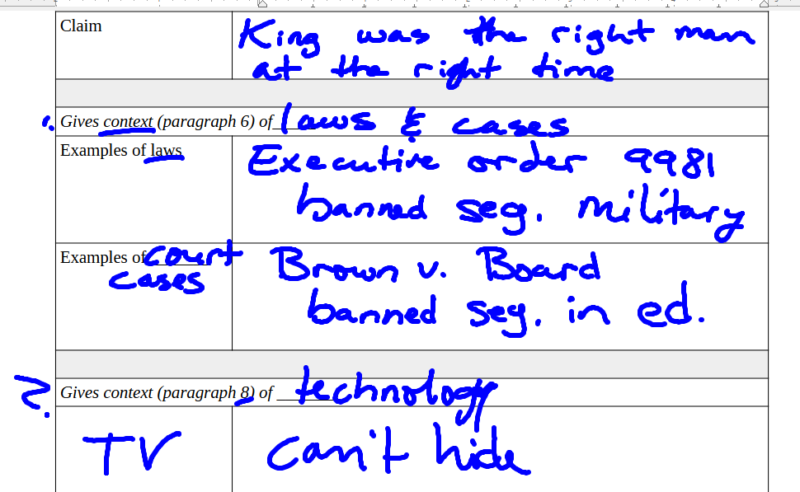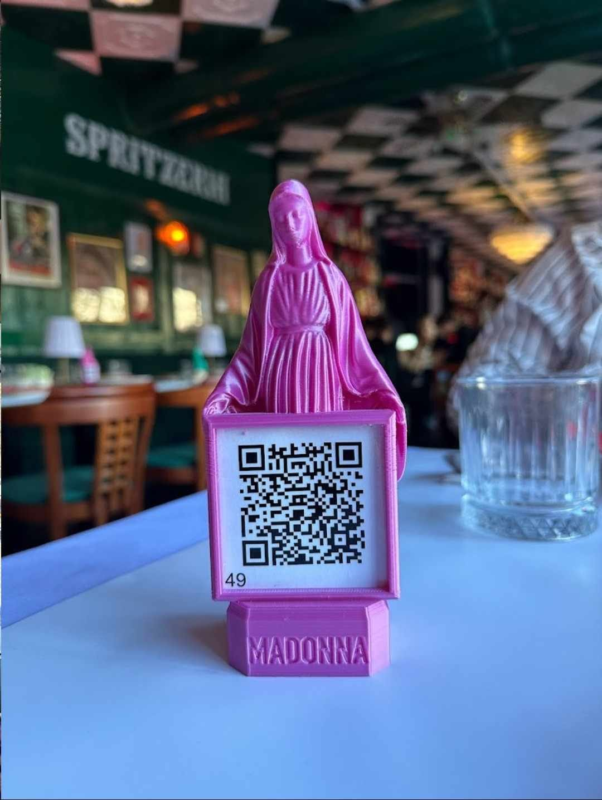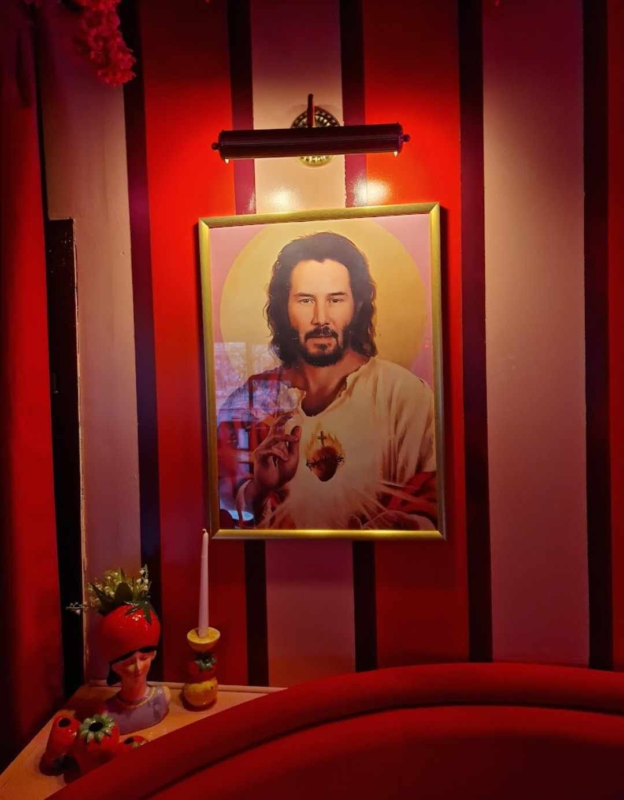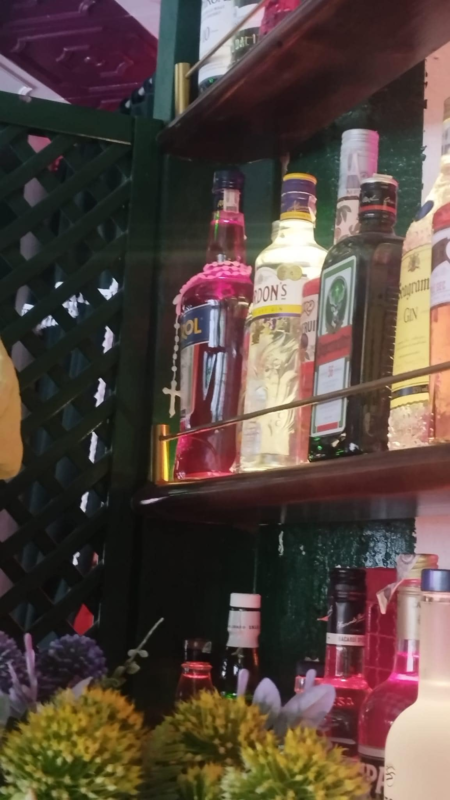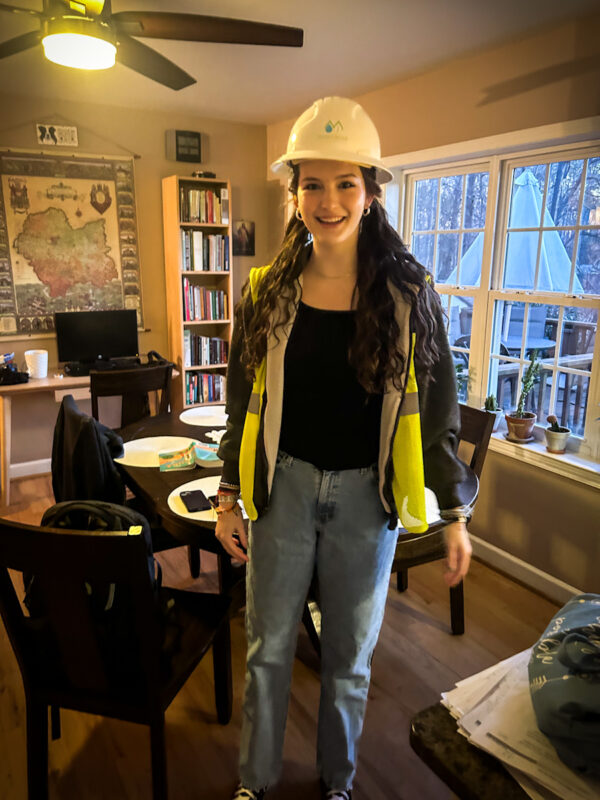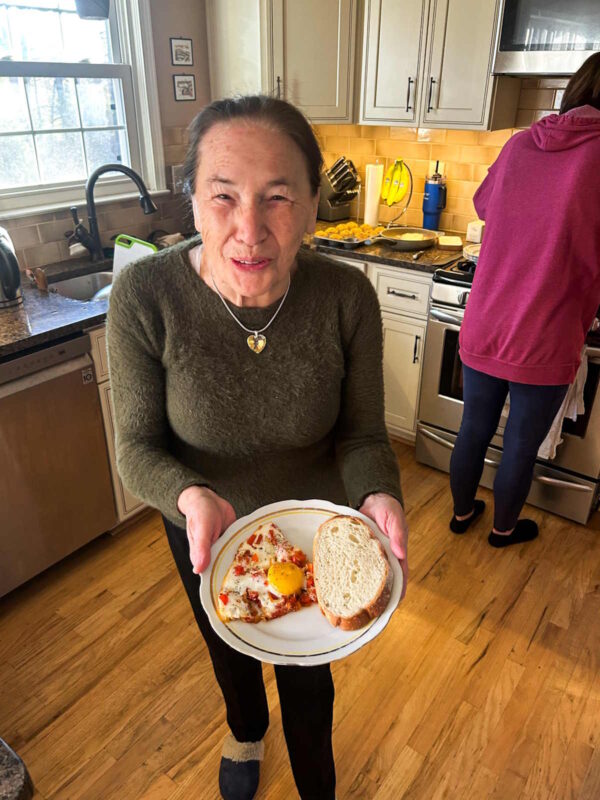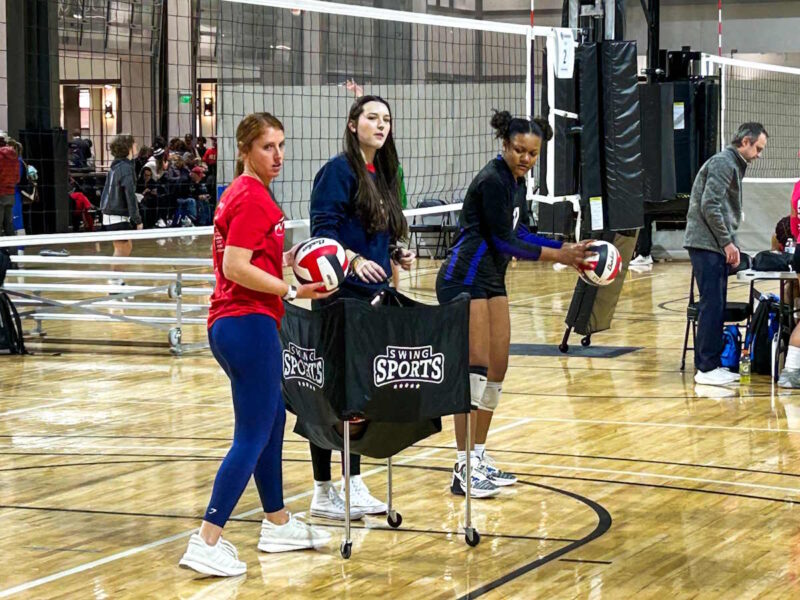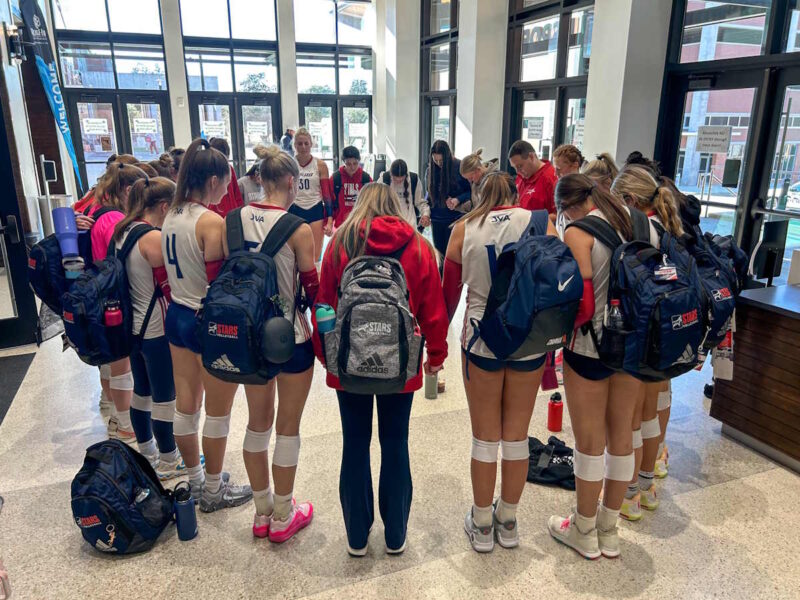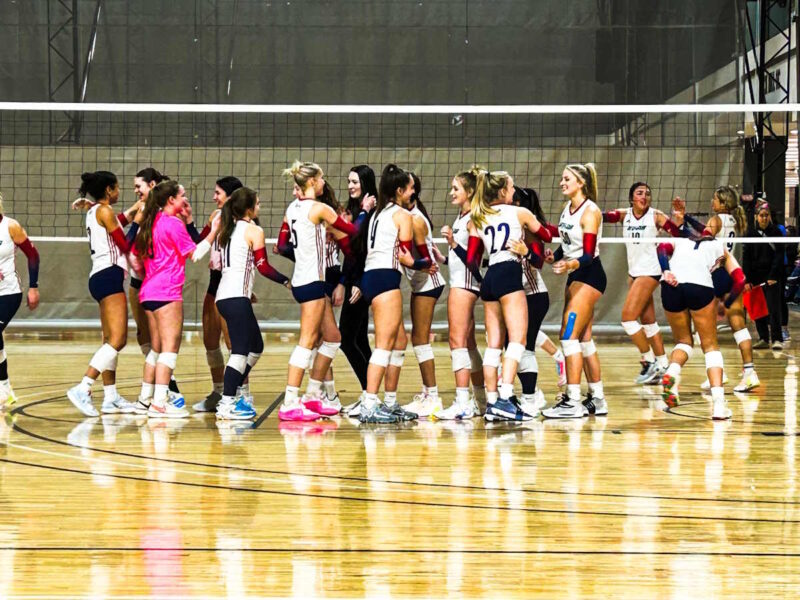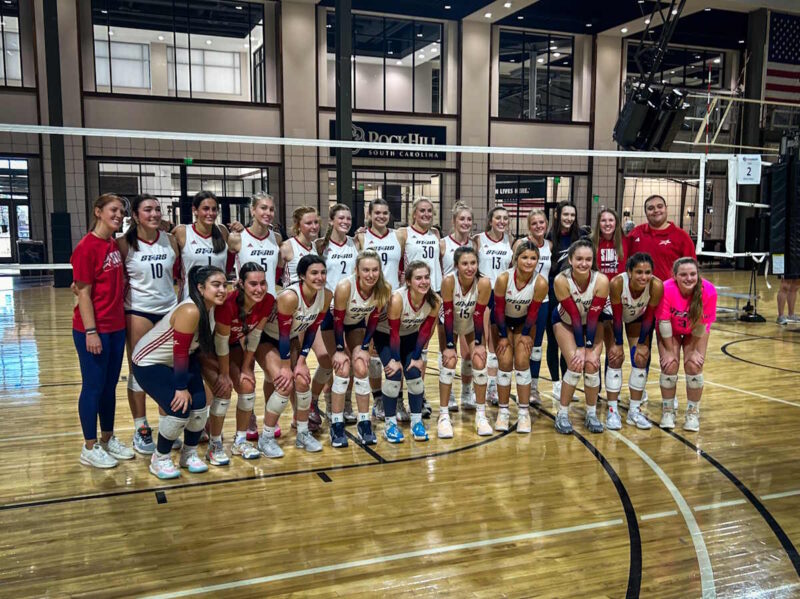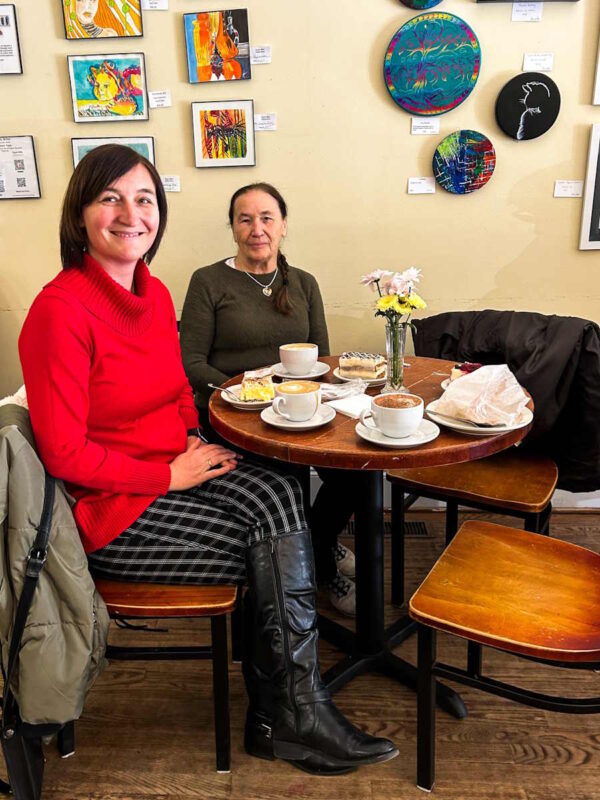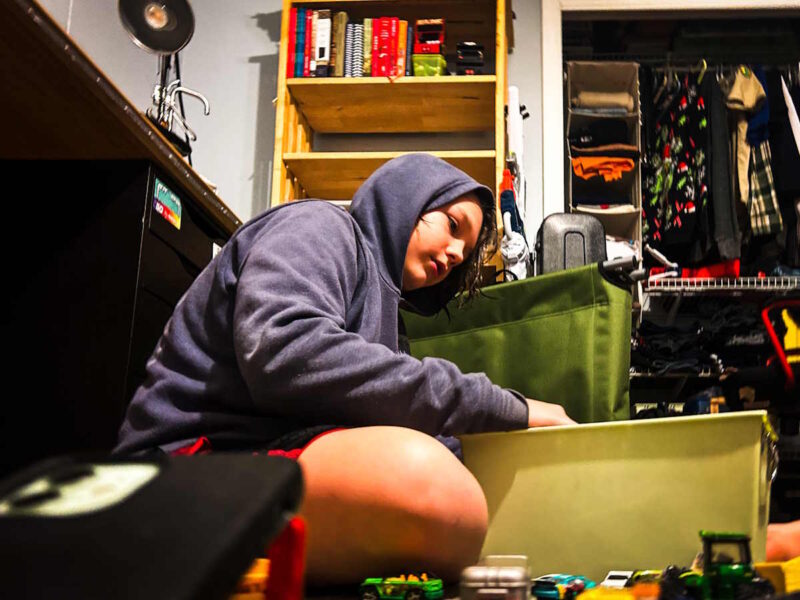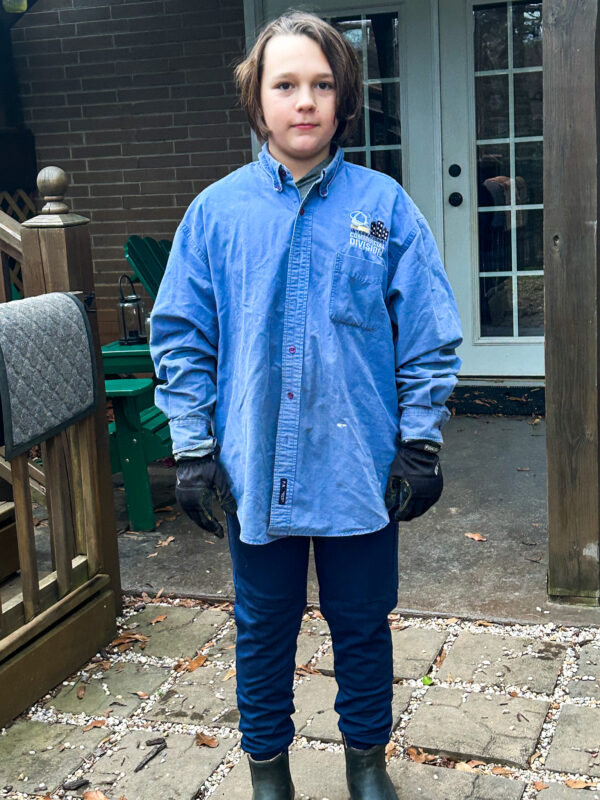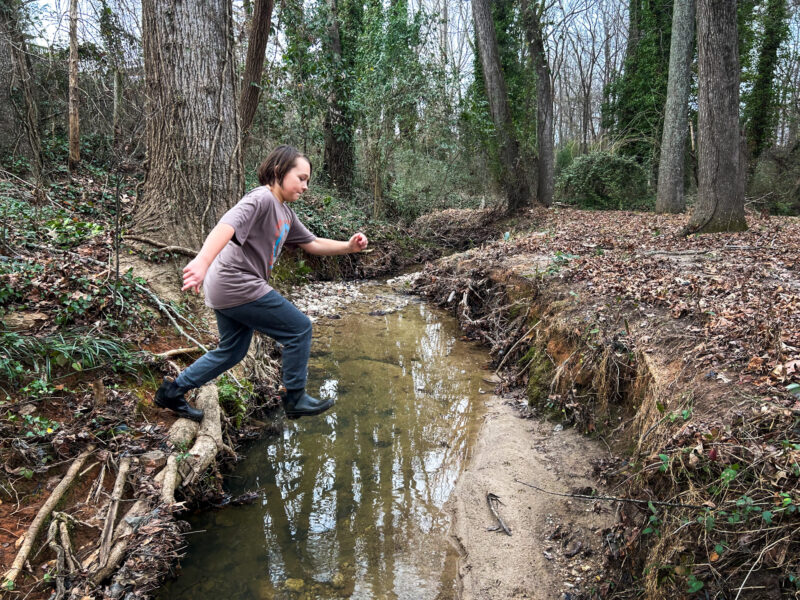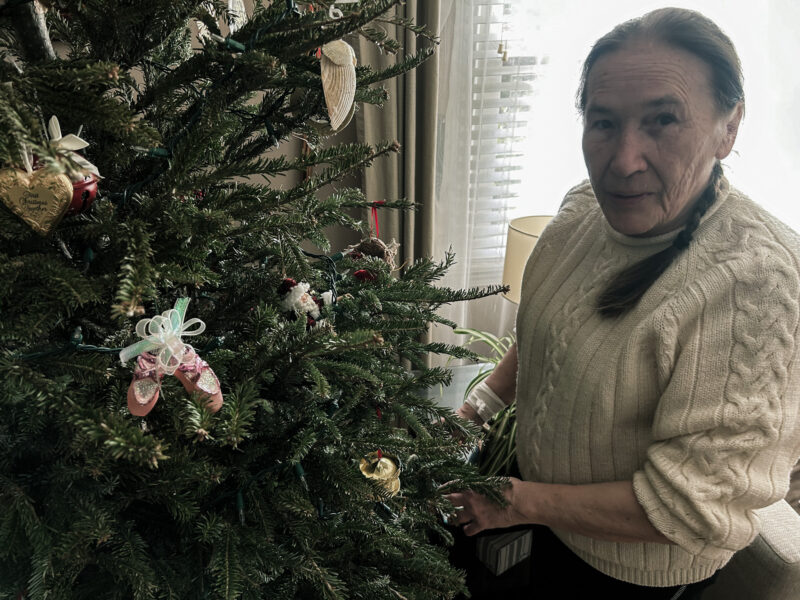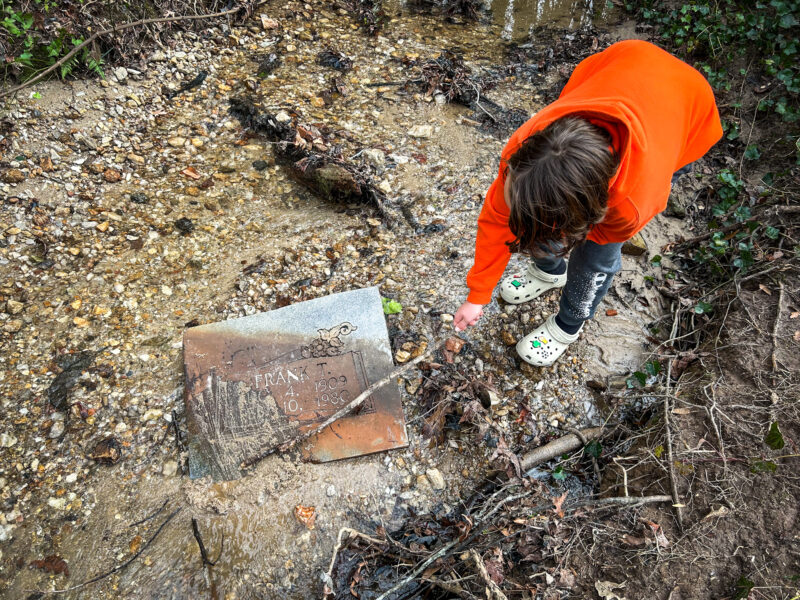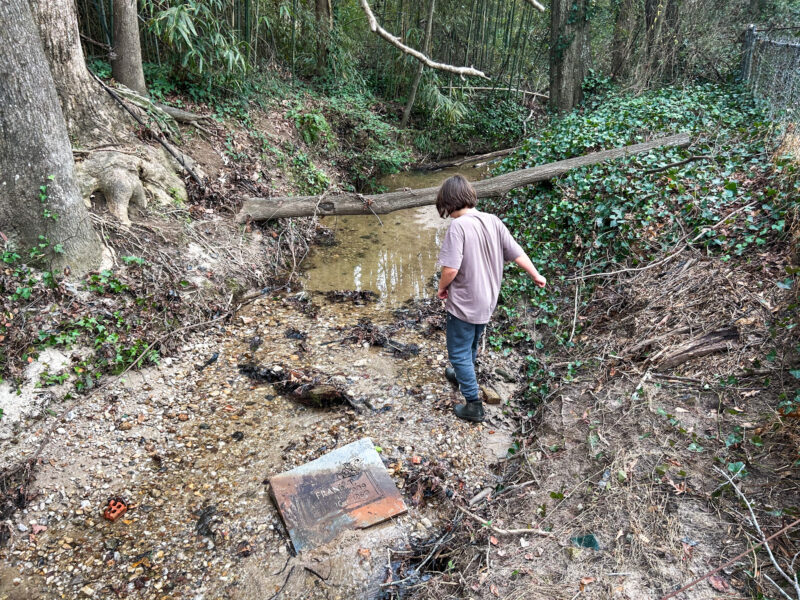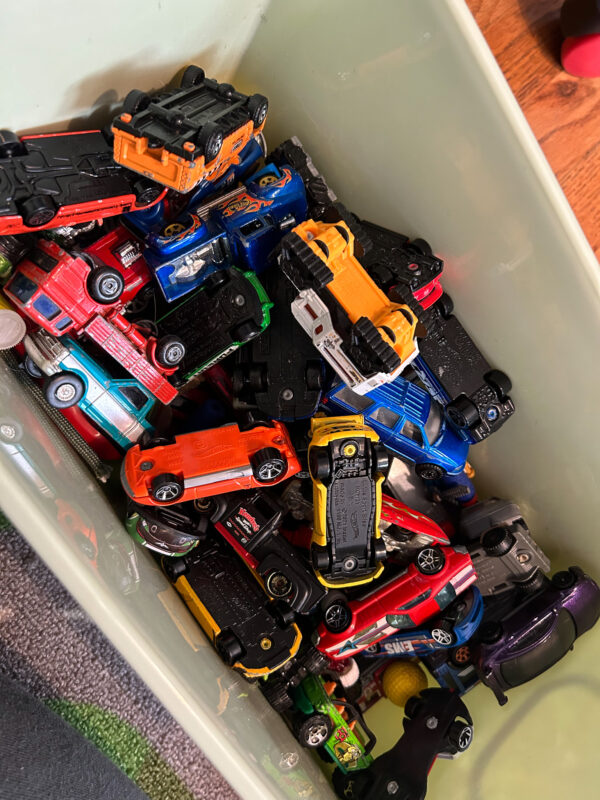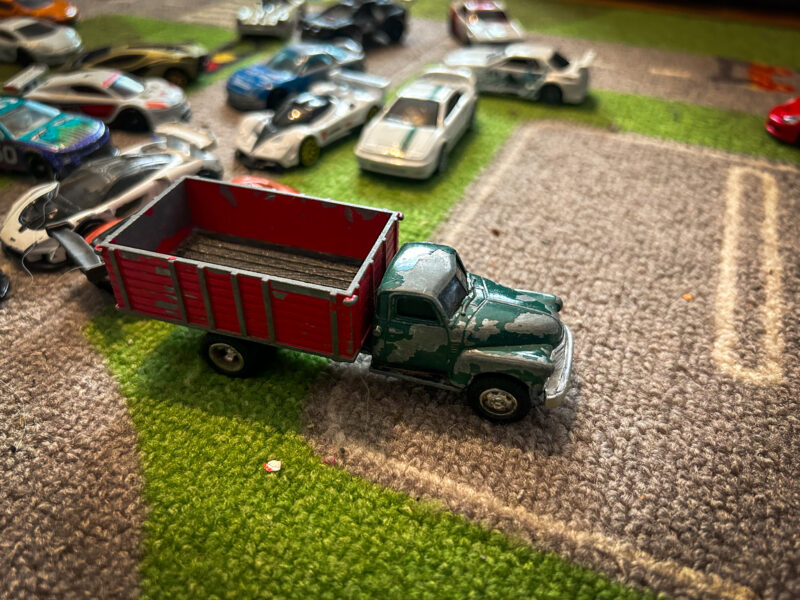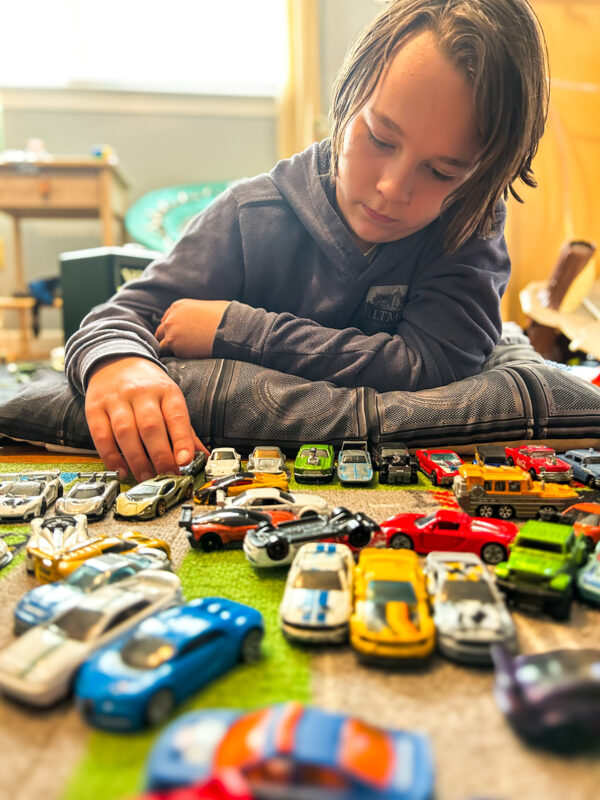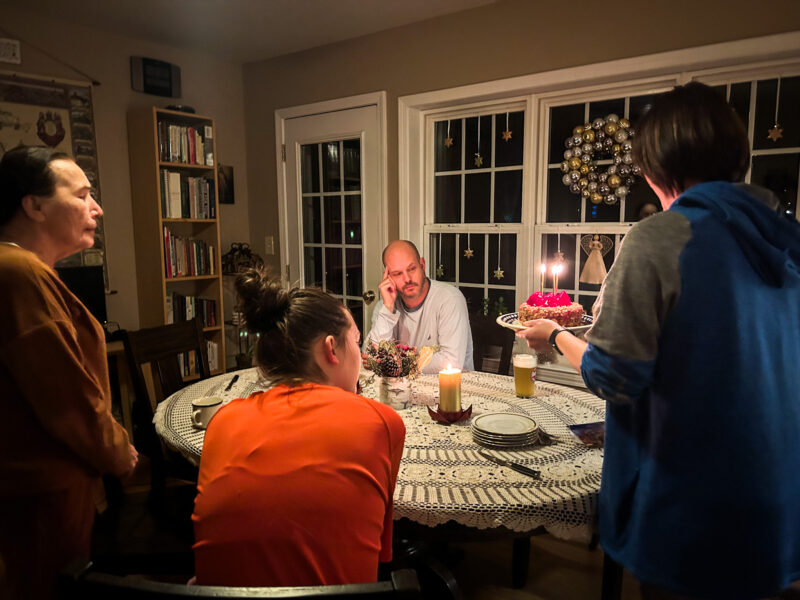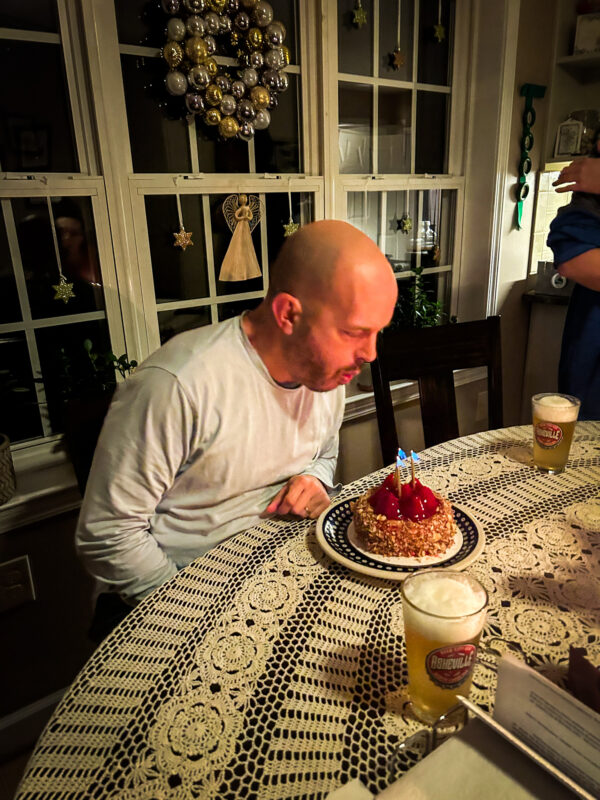“We’re just trying to teach the responsibility,” she said, explaining the reasoning her son’s teacher gave for assigning some work that the mother felt was unnecessary.
The words had hardly left her mouth when her interlocutor jumped in with how he would have responded and perhaps in doing so, suggesting how she likely replied or wanted to respond: “That’s my job.”
So many ideas packed into that handful of words.
The overarching notion is that there are some things that a teacher teaches, but there are some things that only a parent teaches. This notion of non-overlapping domains is popular with those who lean right, and it is fast becoming a key right-wing talking point. Whether it’s issues of race or questions of gender, the right is quick to point out that there are things that parents teach and it’s hands-off for everyone else.
I’m certainly not suggesting that there aren’t things that are predominantly in the domain of parents. Religion, for example, is something that as far as proselytizing is strictly off-limits for teachers, and rightly so. The problem with religion and issues about science is that the right is constantly redefining what is acceptable. It’s no longer acceptable, some feel, merely to teach students the beliefs and rituals of other religions for them to be educated about the beliefs and motivations of others. This is growing to include ideas like scientific literacy. Young Earth creationist parents resist the teaching of evolution in schools as an infringement on their religion as much as they do about teaching students the basics of Buddhist belief. If it contradicts or threatens Christian faith, they want it out.
Perhaps none of this applies to the individuals I overheard. Perhaps it all is. (Living in the South and overhearing this at a Scouting function, I would suspect it’s likely that at least some of it is.) What I found most interesting was the realization I had on hearing this that many parents in America have no idea at all what’s going on in schools. Teaching responsibility might very well be something the parent I heard does regularly and well, but schools are filled with students who are not taught these basic things at home. Teachers have to pick up the slack that negligent parents, overwhelmed parents, single parents, and any other parents leave.
